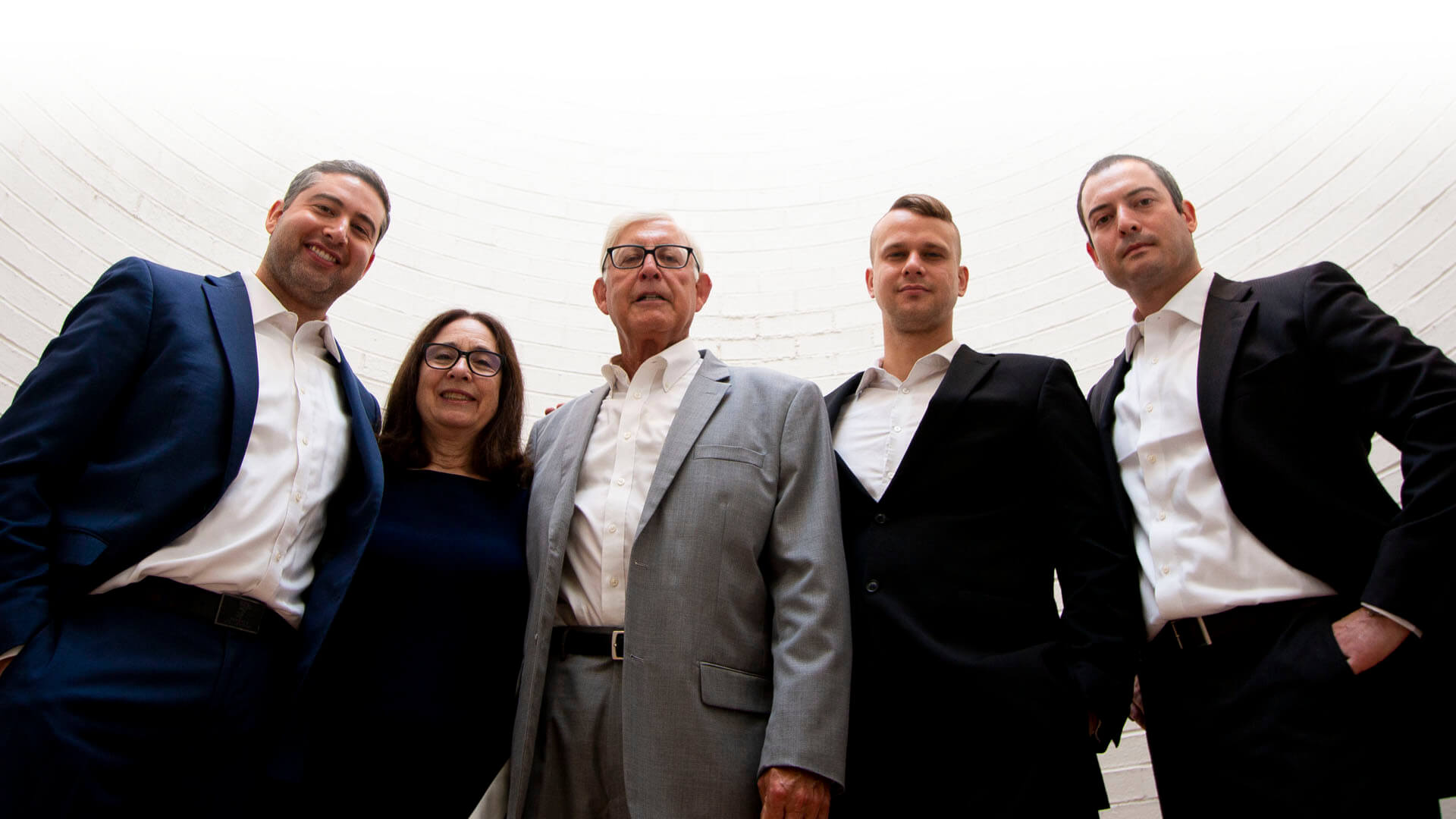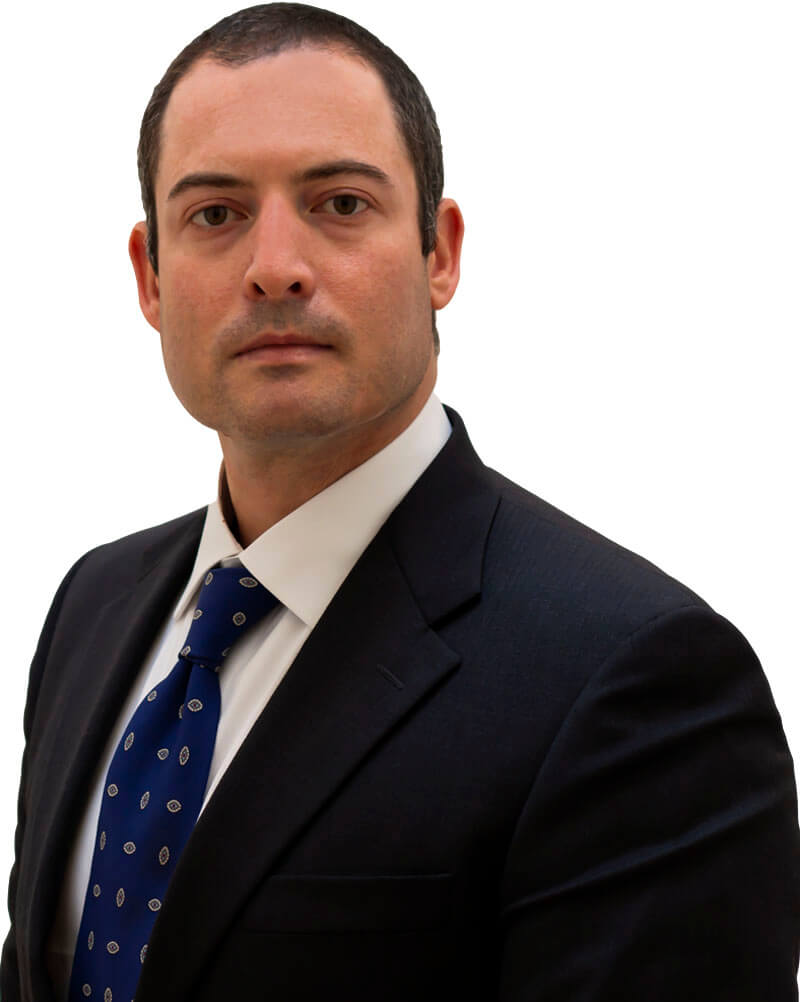Frequently Asked Questions
Are Attorneys Allowed to Advertise?
Advertising in the Legal Profession: Upholding Ethics, Protecting the Public, and Accurately Conveying the Experience and Services Offered
Advertising in the legal profession is governed by a specific set of rules that are designed to protect the public and uphold the integrity of the legal system. For attorneys, particularly those with expertise in areas such as product liability, advertising serves as a means to showcase their knowledge and experience while adhering to professional ethics.
Attorneys may lawfully advertise their services; however, they must do so in a manner that is truthful, not misleading, and compliant with ethical standards. Below, we discuss the rules governing attorney advertising, how lawyers may ethically highlight their areas of practice, and what consumers should consider when evaluating legal advertisements.
This guide will explore the regulations that govern attorney advertising, discuss how lawyers can promote their services ethically, and provide insights for consumers on how to evaluate legal advertisements effectively.
Table of Contents
Are Attorneys, Lawyers, and Law Firms Allowed to Advertise?
Yes, attorneys are allowed to advertise their services, but they must adhere to strict guidelines outlined in the Rules of Professional Conduct to ensure the information is truthful, not misleading, and serves the public interest.
For example, Rule 7.2 of the Pennsylvania Rules of Professional Conduct governs lawyer advertising. This rule requires that advertisements:
- Clearly identify the lawyer or law firm responsible for the content.
- Avoid creating unjustified expectations or making unverifiable comparisons.
- Presents truthful information regarding legal services without exaggerating or guaranteeing specific results or outcomes.
What Are Some Examples of Attorney Advertising?
- Proper Advertising: “A law firm states: “We have successfully represented numerous injured clients in significant product liability cases,” as long as this statement is accurate, truthful, and can be substantiated.
- Proper Advertising: Attorneys experienced in product liability litigation may advertise: “We have helped numerous clients who suffered injuries from defective consumer products, including automobiles, tools, and children’s products, in both state and federal courts. If you’ve been harmed by a faulty product, contact us for a consultation to discuss your potential legal options.” Provided this statement is true and supported by verifiable case experience, it neither guarantees a specific result nor misrepresents the area of practice. Its claims are verifiable because it references representing “numerous clients,” which can be substantiated by past case records. It makes no guarantees, as it merely states that individuals may have “legal options,” thereby avoiding any promise of success. Finally, it is proper because it accurately identifies the focus on product liability without overstating qualifications or implying unearned specializations.
- Proper Advertising: Attorneys focusing on personal injury cases may state: “We dedicate our practice to helping individuals injured in automobile collision cases (including tractor-trailer or trucking accidents), car accidents, and premises liability cases (including slip-and-fall or trip-and-fall incidents). Our goal is to seek fair compensation on behalf of accident victims, based on our years of practical experience handling similar cases.” Provided these statements are true, this advertisement clearly describes the nature of the practice and does not promise a specific recovery amount. It conveys a truthful focus on personal injury claims and emphasizes dedication without implying “specialist” status, unless duly certified. It is not misleading and avoids exaggerated claims such as “guaranteed settlement” or “largest awards in the state.” It also references “years of practical experience” without inflating or misrepresenting outcomes.
- Improper Advertising: A lawyer promises, “We’ll win your case or you pay nothing,” unless they operate on a contingency fee basis and clarify the conditions clearly.
- Improper Advertising: An advertisement boasts: “We guarantee you will receive the highest settlement in the state for your personal injury claim! No one in Pennsylvania wins bigger settlements than we do!” These statements create unjustified expectations and cannot be objectively substantiated. They could be viewed as promising a specific outcome, which lawyers are prohibited from doing. They also contain exaggerated claims of success, such as “no one wins bigger,” which are subjective and potentially misleading. Finally, they lack verifiable evidence, as such statements would require concrete data that is typically unavailable or impossible to confirm for all cases.
- Improper Advertising: An advertisement proclaims: “We are the only true experts specializing in product liability law and have a 100% success rate in winning cases for injured clients.” This statement suggests exclusive expertise and a perfect record that cannot be legitimately guaranteed or proven. It also improperly claims to be the “only expert” in the field, which is not accurate. Further, it is misleading to assert a 100% success rate, as such a record is virtually impossible and implies an unrealistic outcome guarantee. This violates the Rules of Professional Conduct, which strictly limit claims of specialization and require attorneys to comply with applicable requirements before referring to themselves as specialists or experts.
Common violations you may see in legal services advertising include:
- Guaranteeing Results: Statements like “We guarantee you’ll win your case” or “we will win you the largest settlement or verdict” violate the rules because no lawyer can ensure a specific outcome.
- Misleading Claims: Advertisements stating, “We are the best attorneys in the state,” without substantiating evidence, are prohibited.
- Failure to Include Required Information: Omitting the lawyer’s name or office address can result in disciplinary action.
If you’re considering hiring an attorney, you can verify their credentials and ethical standing through the state bar association or Disciplinary Board. These measures help protect consumers while maintaining the integrity of the legal profession.
How Can an Attorney or Law Firm Properly Advertise Their Area(s) of Practice?
Attorneys are allowed to communicate the type of law they practice, as long as those statements are accurate and do not mislead the public. Here are key considerations:
- Clear Statements: A lawyer can say, “We focus on product liability matters,” provided they have significant experience or training to support that claim.
- Certifications: If an attorney is certified as a specialist by an organization approved by the Supreme Court of Pennsylvania (or another jurisdiction, with the required disclaimers), they must identify the certifying body and clearly disclose any limitations regarding Pennsylvania recognition.
- Experience: Attorneys may reference their years of practice, such as “With over 100 years of collective legal and trial experience” or “more than a century of combined experience handling defective product claims,” if the statements are truthful.
Examples of Proper and Improper Claims:
- Proper: “Our firm has resolved numerous cases involving defective consumer products” or “Our law firm has handled numerous product liability cases involving defective machinery”
- Proper: “We have been handling personal injury claims for many years, including wrongful death, car accidents, and defective consumer products. Our experience allows us to provide knowledgeable guidance throughout the legal process.”
- Improper: “We are the only experts in Pennsylvania for product liability law”
- Improper: “We are the unrivaled leaders in personal injury and product liability claims, achieving 100% client satisfaction and more wins than any other firm in the region.”
Common Violations:
- Claiming Unverifiable Expertise: Avoid statements like “The best product liability lawyer in the country,” unless backed by credible recognition or awards.
- Misleading Specializations: Lawyers cannot claim to specialize without meeting the state bar’s requirements for using that term.
- Implied Endorsements: Advertisements that suggest endorsements from entities or organizations without permission are not allowed.
Where Can I Find Resources to Verify Attorney Advertising Compliance?
If you’re evaluating an attorney’s advertisement, consider the following resources:
- Pennsylvania Disciplinary Board: Review the Rules of Professional Conduct and file a complaint if you suspect a violation.
- State Bar Association: Verify an attorney’s credentials and disciplinary history through the Pennsylvania Bar Association or the bar association in your state.
- Local Ethics Committees: Many local bar associations have ethics committees that oversee attorney conduct and advertising practices.
These guidelines and resources help maintain transparency, protect consumers, and ensure professionalism in the legal industry.
If you ever have any questions or need to speak to an attorney, the team at Schiffman Firm is here to help. Contact our team for a free evaluation of your case.
Answered By:
Attorney Jason SchiffmanMore About Jason:
Jason M. Schiffman, Esq. is an experienced litigator practicing primarily in the fields of personal injury, products liability, estate litigation, and corporate litigation. Attorney Jason Schiffman has personally served as lead counsel in the litigation of over four hundred cases or claims.
More Frequently Asked Questions
What do I need when I meet with an attorney?
How Can You Tell When an Attorney-Client Relationship Is Established?
Are Attorneys Allowed to Advertise?
Where can I find recall information for Amazon and Walmart products?
Which Goodyear tires have been recalled?
What are the most recent tire recalls?
What were the most expensive product recalls of 2023
What are the biggest automobile recalls of 2024?
What are bowriders and why are they dangerous?
What are the dangers of infant inclined sleepers and beds?
When Bad Products Hurt Good People - Your Case Is Our Cause
Which Law Firm Handles Product Liability and Defective Product Personal Injury Claims?
With over 100 years of collective legal and trial experience, the team at Schiffman Firm has been a leader in providing trusted legal representation to injured victims and other types of clients in Pittsburgh, Pennsylvania.
With a focus in product liability cases caused by dangerous and defective consumer and commercial products, our attorneys bring vast amounts of experience and expertise to victims and families that have suffered an injury caused by defective products like, but not limited to:
Automobiles and Airbags
Firearms, Bows, and Hunting Equipment
Power Tools, Machinery, and Snow Blowers
Infant Inclined Sleepers, Beds, and Rockers

